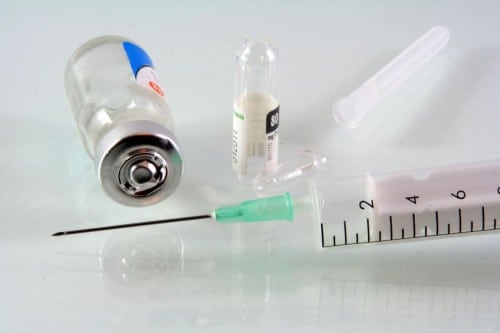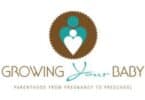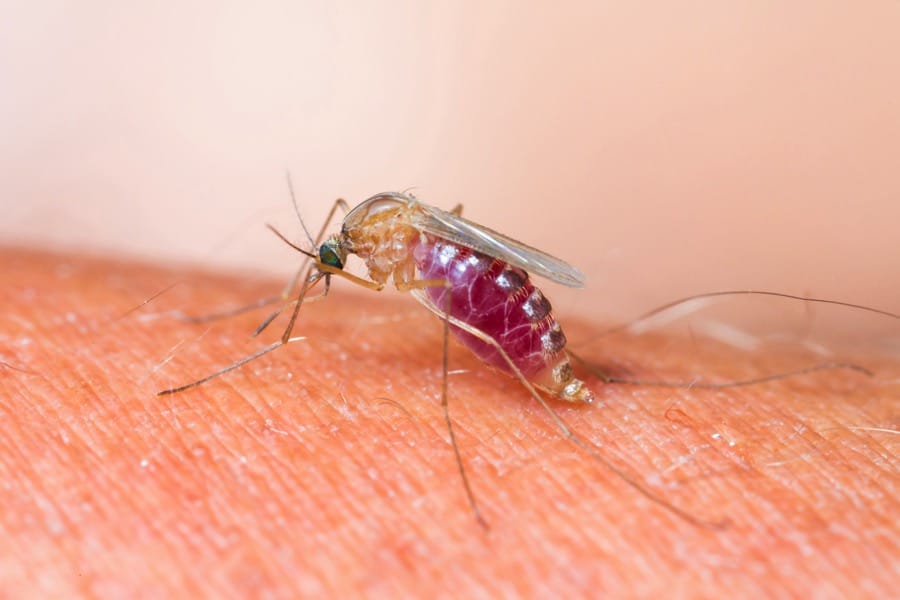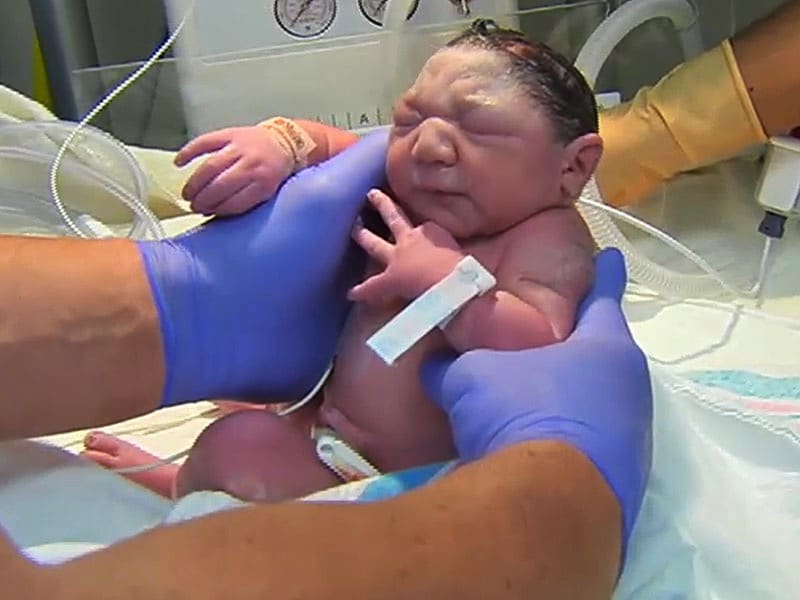On Monday, the Food and Drug Administration (FDA) gave approval for a clinical trial for an experimental vaccine to combat a disease that has rapidly emerged as a global health threat: Zika virus.
Inovio, of Plymouth Meeting, PA, and GeneOne Life Science of Seoul, South Korea will make the vaccine. Inovio President and CEO Dr. Joseph Kim says his company was the first to construct the vaccine, and now with the go-ahead from the FDA they can start human studies with the first people possibly injected within weeks.
The move to quickly test a zika vaccine is reflective of the sense of urgency felt as reported cases of the disease continue to climb. Interim results from this initial testing will involve 40 healthy adults and are expected later this year. Previous testing in mice and monkeys showed that the vaccine triggered what Inovio has called a “robust antibody response.”
Phase I trials won’t reveal if a product works but will provide hints. The small trials are meant to determine if the product is safe to administer to people and will help determine an effective dosage. Dr. Kim says that Inovio believes one does of their vaccine should be adequate to protect against the virus, but the company will also test a two and three-dose regime that calls for shots to be given a month apart.
FDA approval for human testing of another zika vaccine may be only a few weeks away. The National Institute of Allergy and Infectious Diseases is also working on its own DNA zika vaccine. NIAID director Dr. Anthony Fauci says that preliminary paperwork is already in the hands of the FDA and the results NIAID has shown from animal testing look promising enough that they may be able to start human testing by mid-August, pending FDA approval.
Companies don’t always have production facilities that can make these vaccines on a commercial scale, as is the case with Inovio. But Dr. Kim insists they can marshal the necessary resources as needed, or perhaps they will take a commercial partnership. The company has license agreements with Roche and MedImmune, a subsidiary of AstraZeneca, for other products.
The doctor believes that potential partnerships “coalesce much faster when there’s a tangible product to rally behind.”
Earlier this year the World Health Organization estimated at least 18 companies and academic laboratories were working on a zika vaccine.






